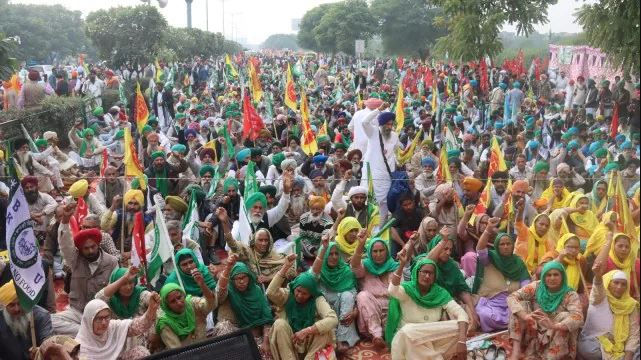Russia-Ukraine War: Five Things To Know Today
- guru prakash
- Mar 14, 2022
- 3 min read
Kyiv hit: A Russian air strike hit a residential building in Kyiv on Monday and killed at least two people, according to Ukraine’s emergencies agency, which said at least 12 others were injured. The explosion at the nine-storey building came after Russian ground troops reached the outskirts of the capital. Russian forces fired artillery on Kyiv’s north-western suburbs as well as points east of the city, said Oleksiy Kuleba, the head of the regional administration. Ukrainian President Volodymyr Zelenskyy’s office said the capital was preparing to mount a “relentless defence”. Outside Kyiv, Britain’s Defence Ministry said Russian naval forces were hitting “targets throughout Ukraine” with missiles.

Humanitarian cost: Authorities in the besieged coastal city of Mariupol say nearly 2,200 people have been killed there since hostilities began, with the death toll rising by almost 1,000 in the last five days. “The enemy is holding the city hostage by performing real acts of genocide,” said Ukraine’s Defence Minister Oleksiy Reznikov. The UK said Russia had established a naval blockade on the Black Sea coast, “effectively isolating Ukraine from international maritime trade”. Meanwhile, the International Atomic Energy Agency said staff at the site of the Chernobyl nuclear disaster face a “dire situation” because they have been unable to leave on rotation. But Ukraine said it had repaired a power line to Chernobyl after it lost electricity four days earlier.
Negotiations to resume: Talks between Russian and Ukrainian negotiators are due to resume by video conference on Monday, both sides said. Mr Zelenskyy said they were speaking every day and that his aim was “to do everything to ensure a meeting of presidents”. He said a head-to-head summit with Russian President Vladimir Putin was “a meeting that I am sure people are waiting for”. The International Committee of the Red Cross said Mariupol faces a “worst-case scenario” if the warring parties do not urgently reach a “concrete humanitarian agreement”, after Ukraine and Russia blamed each other for patchy attempts at evacuation. On Sunday Ukraine said Russia was “beginning to talk constructively” in the negotiations.
Refugees latest: The number of people who have fled Ukraine since the war began stood at 2.7 million in the latest update from the UN’s refugee agency. More than half, about 1.7m, have entered Poland, while Hungary, Slovakia and Moldova have taken in more than 100,000 each. Border crossings were open, but the US embassy in Kyiv warned citizens trying to leave that escape routes could be crowded, damaged or exposed to combat. Ukraine’s border service said 350 people were queuing on foot at one crossing point into Poland, but did not report queues of motor vehicles. In Britain, people can start registering their interest from Monday to sponsor Ukrainians to come to Britain. People who offer accommodation will receive £350 ($460) a month.
International response: Ukrainian Foreign Minister Dmytro Kuleba called on western countries to provide “all necessary weapons” to resist the invasion. The UK said it had sent medical supplies to Poland, taken in 21 Ukrainian children to receive cancer treatment in Britain and donated more than 500 generators to help Ukraine keep the lights on. But Nato allies are resisting calls to establish a no-fly zone over Ukraine. UK Prime Minister Boris Johnson is using this week to rally Nordic and Baltic leaders to increase their defence cooperation and prepare for the aftermath of the war. He will meet the prime minister of Latvia on Monday. Elsewhere, German Chancellor Olaf Scholz is due to meet Turkish President Recep Tayyip Erdogan on his first visit to Ankara since taking office. Mr Erdogan has touted himself as a mediator in the conflict.



Comments